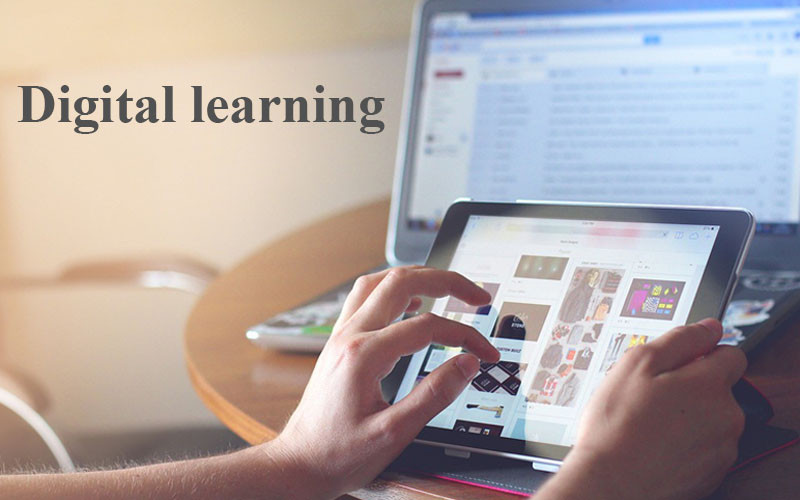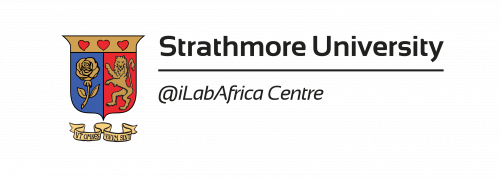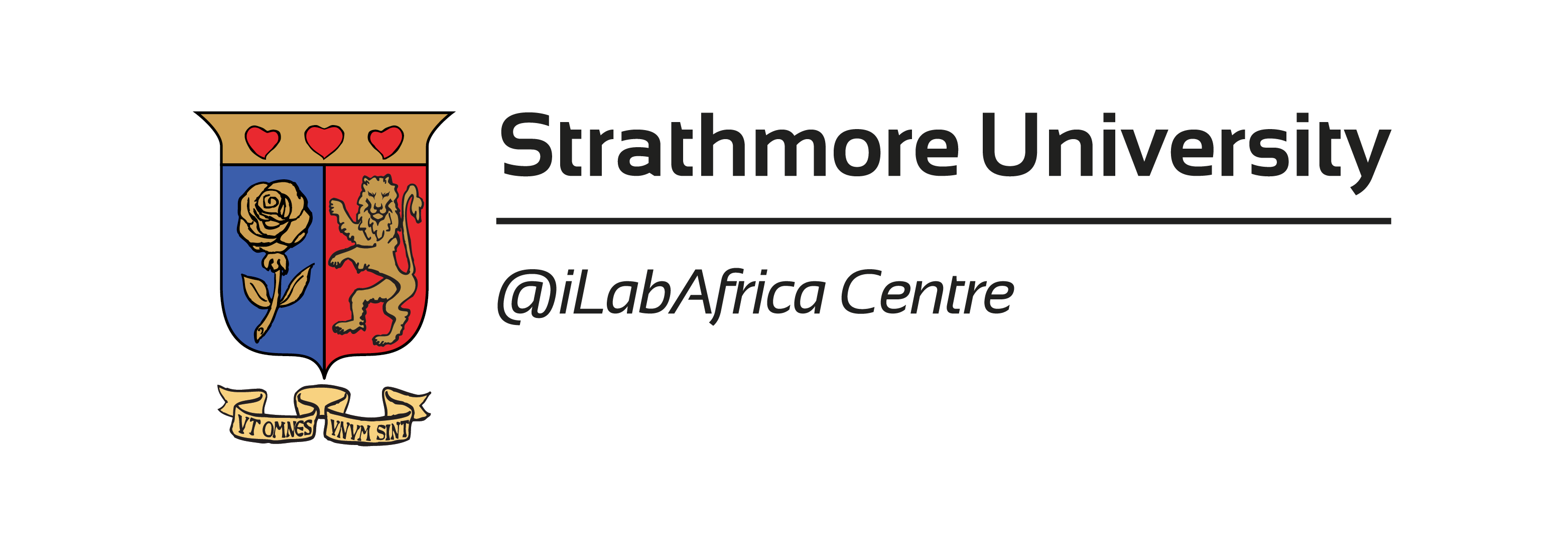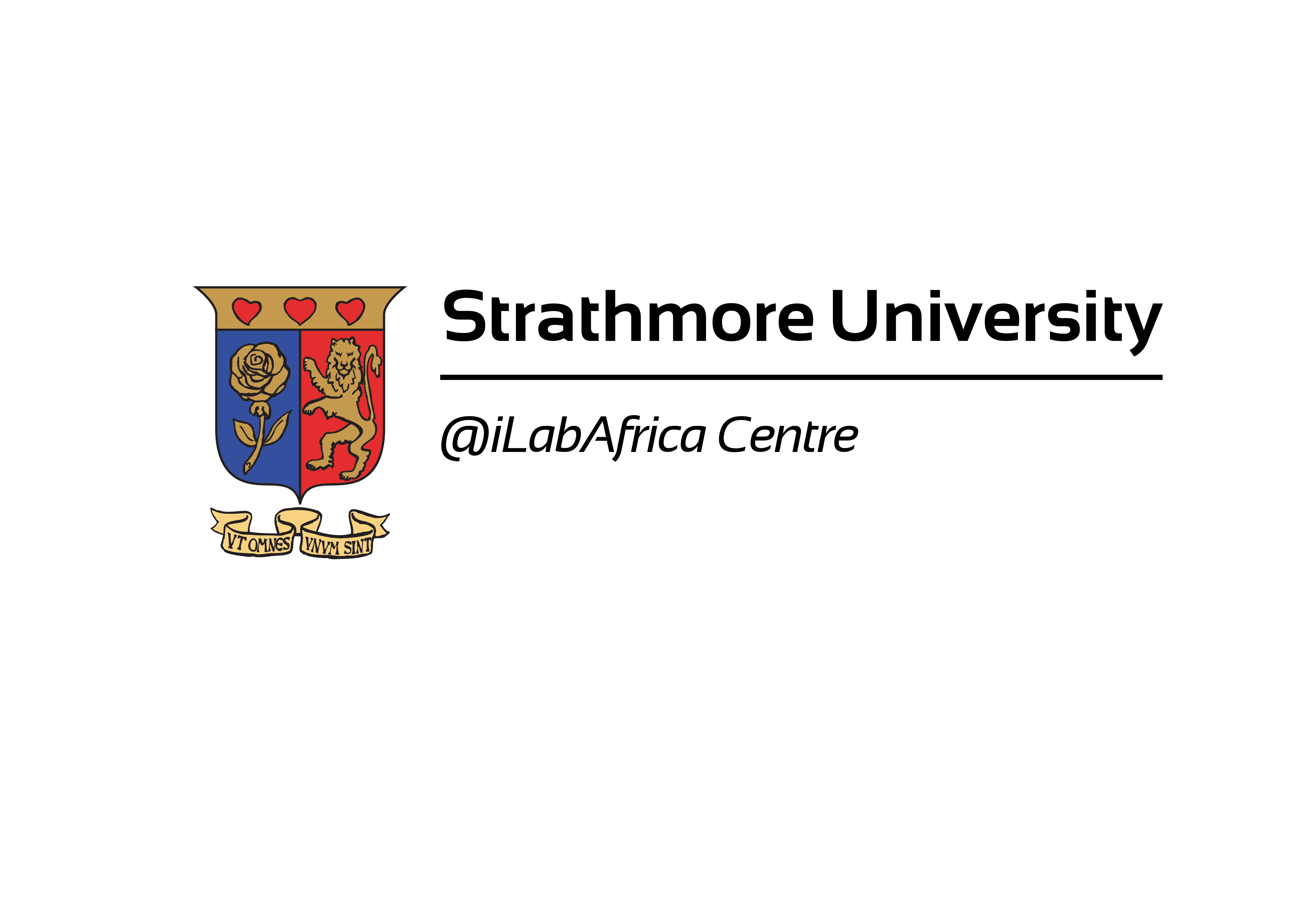
About
@iLabAfrica’s Digital Learning Unit focuses on research and leveraging innovation in the area of ICT for Education (ICT4E). The goal is to use ICT effectively in teaching, creativity and delivery of educational content. The Digital Learning Unit is engaged with Government, industry and other funding agencies and has been excelling in the area of research, digital content development (2D/3D animation, responsive eLearning, Blended Learning, SCORM content development), video production and capacity building.
Our Vision
To be leading developers and implementers of digital content and eLearning technologies in teaching and learning.
Our Mission
To provide an environment that is conducive to develop necessary expertise enriched by research driven solutions.
Our Value Statement
Our core values define and guide the operations of our team. We embrace the core values by fronting them as our foundation in action and decision-making. These core values are quality, timeliness, effectiveness and excellence.
This unit conducts research and innovation in the area of ICT for Education (ICT4E) in teaching and learning, creation and delivery of educational content.
The unit is involved in research, capacity building, digital content authoring and packaging of educational resources in order to make them available to a larger audience from a variety of platforms. This entails lecture capture, video editing, packaging content for eLearning, animation, graphics design and dissemination to students at primary, secondary, and tertiary levels via virtual learning environments, mobile applications and/or offline servers with embedded Wi-Fi access points.
Together with the United Nations High Commission for Refugees (UNHCR) and Windle Trust Kenya (WTK), we provide an eLearning platform and online training via video conferencing to refugees in Kakuma Refugee camp and its host community.
Through the ReadytoWork program, in collaboration with Barclays Bank, we have delivered employability skills to over 3,000 youth focusing on “people, money, work and entrepreneurial” skills.
Project
Description
Alliance for a Green Revolution in Africa (AGRA)
The Digital Learning Unit is developing for AGRA animated videos for use in training of farmers across Africa on good agronomic practices of different crops.
The animations will be a mix of 2D and 3D animations, which will be produced primarily in English and then translated into languages spoken throughout Africa such as Kiswahili, French and Portuguese.
The animations will serve as a means to support Village Based Advisors (VBAs) conduct training to farmers as they better illustrate concepts to farmers.
GIZ
GIZ Nairobi Office awarded the Digital Learning Unit a consultancy contract to develop web-based tools for blended learning under the Access and Benefit Sharing (ABS) Capacity Development Initiative.
The aim is to extend the current face-to-face course into a blended learning course, combining both online and offline phases. The development of web-based tools for blended learning for training will make the course more attractive and effective in reaching the target audiences mainly lawyers with accessibility both nationally and regionally across Africa. Further, an alumni portal will be developed using appropriate tools to ensure long-term learning and exchange amongst colleagues who take the course.
Farm Input Promotions Africa (FIPS – Africa)
The Digital Learning Unit was awarded another consultancy contract where we would develop animated instructional videos for use in educating farmers on good farming practices.
The animations target smallholder farmers, primarily in Kenya but potentially other countries in Sub-Saharan Africa, with the aim of helping them understand their constraints and best practices they can adopt to improve and double farm production. Moreover, the animations will inspire and motivate farmers to adopt the more advanced farming practices.
The animations will also be used by people who train farmers such as FIPS staff, County Extension Officers and people selling inputs related to the technologies (service providers or agro-dealers).
Mobile Learning
This collaboration with Castalia Co. Ltd Japan. We carried out a pilot on a mobile learning platform created by Castalia at Strathmore University for MSc. MTI and MSc. ISS programme with content developed by @iLabAfrica.
We are currently working on an MOU with Castalia to guide further engagements and collaboration
Sustainable and Affordable Access to Education for Refugees
This Project was undertaken in partnership with UNHCR and WTK. The classes are delivered online in real time. Lecturers traveled to Kakuma for one on one revision.
The project kicked off in June 2016 and the first lot of students (18) sat the November 2016 KASNEB Exams.
The team to set up a computer Lab at Kakuma Refugee Camp and pursued the accreditation of Windle Trust CPA Centre – as a KASNEB Examination Centre.
The team continues to offer support on this project implementation.
Capacity Building in ICTS
The team trained SOA lecturers undertaking the Kakuma Refugees project on the online teaching platforms and digitizer for screen annotations. Twenty-four (24) CPA students at Kakuma registered and were trained on the online platforms and basic ICT skills to enable them to attend the online classes.
Strathmore University lecturers and various @iLabAfrica staff handling @iLabAfrica academic programs were trained on online teaching platforms.
We have trained and showcased Rhino Live and Globisens LabDisc to various schools like Kianda School and Braeburn school among others. Currently we are undertaking a research on applicability of Globisens LabDisc on the Kenyan curriculum
ReadyToWork
As young people set out to find employment or create self-employment they need skills that will help them to transition from the world of education into the world of work.
@iLabAfrica Digital Learning unit has partnered with Barclays Bank to train young people on Work, People, Money and Entrepreneurial skills needed to improve employment or self-employment prospects through ReadyToWork initiative.
The project kicked off in November 2016.
Content Development
The team has developed and packaged learning content accessible by students undertaking CPA at Kakuma Refugee Camp. An ELearning website for access of CPA revision materials and other online resources has been developed and launched.
Grant Project
Description
Kids Can Code
Kids Can Code is an initiative for young people aged 10 – 17 years to learn Computer Science concepts and become active contributors to the digital economy. This graduates them from consumers to confident creators with technology as a tool. In a digitally fueled world, it is paramount to teach young people how to use technology in a healthy way and impart skills and habits that make them productive digital citizens. These skills form a great foundation for the young people by inspiring problem solving, analytical and critical thinking skills. Moreover, thinking computationally is beneficial to logic and philosophy skills as well as STEM oriented subjects leading to improved academic performance.
The project is being undertaken by Strathmore University, @iLabAfrica, in collaboration with ICT Norway and the Ministry of Foreign Affairs of Norway through the Royal Norwegian Embassy in Kenya. The core topics included in the curriculum are CS-unplugged and Computational thinking, Web design in HTML, CSS and JavaScript, Coding in PHP, Database design with MYSQL, Robotics and Internet of Things (IOT), Animations, Game development and App development. These areas were targeted because they expose learners to the 21st century skills and also align well with the Kenyan Secondary School Computer Studies syllabus.
Smart Learning Communities
This project seeks to promote access to quality education and skill development for the remote and underserved locations. It is being undertaken in partnership with wiLearn 4 Life. Provision of quality content is achieved by providing digital libraries loaded with Open Educational Resources (OER). Learning content can be continuously updated on the adaptable server and adapted to the local requirements so that the skills acquired better correspond to the societal needs and future professional needs. Free access to various contents without additional costs should enable learning for everyone.
The solution can be deployed as Mobile Learning Lab Interactive (moLLi), Wireless Learning Lab Interactive (wiLLi) or as a WiLearn Cap. The moLLi kit is equipped with a Wi-Fi server, projector and a tablet and is supplied with solar energy. The wiLLi kit is equipped with a Wi-Fi server, projector and several tablets and is supplied with solar energy. The wiLearn Cap hotspot is a portable library without Internet connection with a focus on competence-based, solution-oriented, and self-oriented learning and access to quality resources. All these options have an element of collated local content and global Open Educational Resources (OER). With the portable libraries, we promote digital media skills, collaboration and creative design which is an important aspect of modern education
MasterCard Foundation
The MasterCard Foundation partnered with @iLabAfrica to design and create an extensive interactive portal to disseminate information on the current state of the EdTech ecosystem in Africa. The platform will provide relevant and up-to-date information relating to how to develop and implement educational technology and will be used by different stakeholders such as the government, development organizations, entrepreneurs, innovators, and the third sector.
The project had two key delivarables, Ed-Tech System Development and Content Collation and Curation. Ed-Tech System Development involved the design, creation, and implementation of the Ed-Tech platform. On the other hand, Content Collation and Curation involved gathering and organizing educational content from various sources and presenting them in a structured manner that is easy to access and use by learners and stakeholders. This process involved scraping, filtering, curating, and updating existing content to ensure that it is relevant, accurate, and engaging for learners.
IJM/ODPP
IJMK and ODPP sought to develop a Learning Management System (LMS) that can deliver interactive e-learning capabilities, assessment features, and intuitive analytics on the use of the platform.
The goal of this project was to develop a web-based software platform that will provide an interactive online learning environment and automate the administration, organization, delivery, and reporting of knowledge content and learner outcomes and measurement for the Office of the Director of Public Prosecution.
Based on these goals, the project’s outcome was a fully functional Learning Management System, trained advocates and officers of ODPP on Content Development, and a fully done and accessible course, Decision to Charge.
@iLabAfrica, Strathmore University created the open-source Learning Management System (LMS) Moodle, which was used to create the e-learning platform. The platform can be used to supplement in-person instruction or to provide courses entirely online with synchronous and asynchronous learning choices. Using Moodle, trainers can efficiently distribute notes, resources, and assignments to course participants.
We further held a workshop with officers of the Office of the Director of Public Prosecution in Content Development. The workshop was conducted in Naivasha for 5 days after which, the end result was a completed e-module course on the Decision to Charge.
UNHCR
UNHCR sought to establish a web-based EMIS with the aim of providing transparent, accurate, quality, and accessible education data, information, and indicators for use by all stakeholders in support of greater transparency and coordination, and strengthened planning in education services, with a particular focus on maintaining individual student information.
The development of an Education Management Information System (EMIS) for UNHCR was a project aimed at improving access to education for refugees in their camps. The system was designed to allow UNHCR to better manage and monitor educational programs and services for refugees, including enrollment, attendance, teacher information, and student performance.
The EMIS involved designing and developing a web-based application that could be accessed by UNHCR staff in refugee camps. The application was built using modern web technologies, including databases and programming languages such as PHP, JavaScript, and HTML.
The primary objective of the EMIS project was to enhance the quality and accessibility of education for refugees in UNHCR camps. The system will provide accurate and up-to-date information on education services, which will enable UNHCR to make data-driven decisions and develop evidence-based policies.



